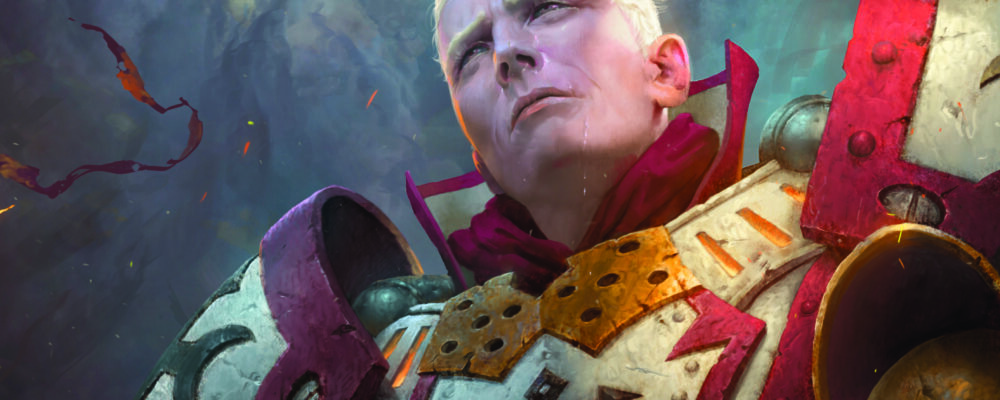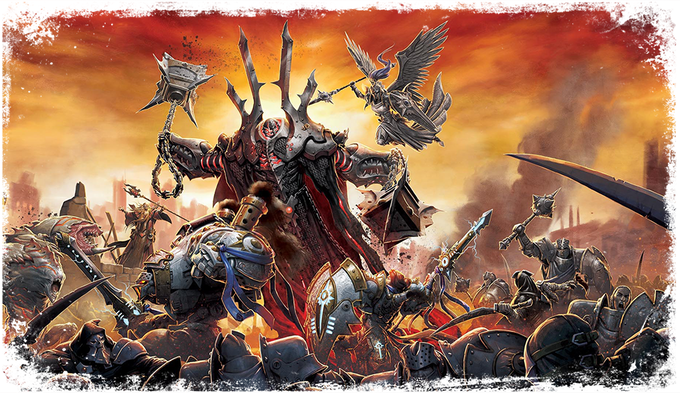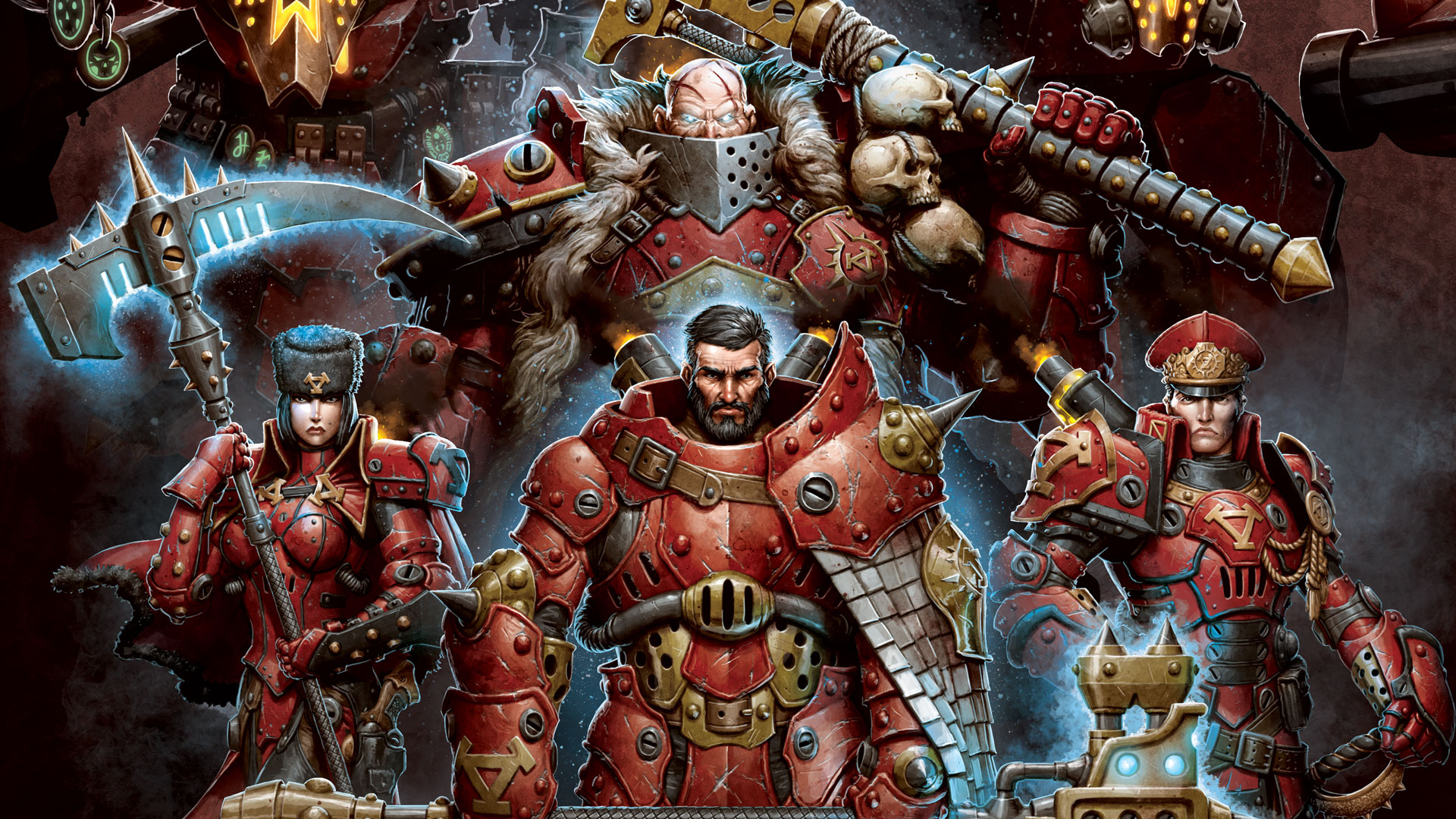I was asked not to proselytize about Menoth, so I will instead share the good word of narrative play.
Narrative play can mean wildly different things to different people. For some, it’s a handicap that means not playing their army to its maximum potential; for others, it’s an artistic endeavor to match their army’s roster and playstyle to the way they are depicted in the lore. But narrative play has less to do with dictating how you play the game, and more to do with how you look at the game.
In its simplest form, narrative play is looking at your games in terms of the stories they are telling rather than just mechanics of dice and rulers. It is looking at charges, slams, and vengeance as what they say they are instead of just a set of rules that guide the gameplay. The Iron Kingdoms setting was built on a wealth of characters, factions, conflicts, and themes, all of which make fantastic fodder for creating an army or a character that fits what you think of when you think “epic heroes.”
Or villains. Cryx players, we haven’t forgotten about you.
When a trollkin champion makes an absurd number of Tough checks and refuses to drop, that’s a cinematic moment. When a gun mage spikes their dice roll and brings down a warbeast at the last moment, that’s intense. These are the dramatic moments that bring WARMACHINE alive as a story, worthy of Hollywood’s grandest soundtracks, and this game is full of them.
So what does it mean to play the game narratively?
It doesn’t mean you need to attach a name and backstory to every one of your army’s miniatures or act out your warcaster’s Shakespearean death scene at the end of the game (although thou art welcome to do so). Instead, as you play the game, look for opportunities to set up these cool cinematic moments, and you will find them. It can be as simple as choosing to meet your opponent’s solo with your own in a duel rather than try to harry them with ranged shots. It can be letting a line of knights make a heroic last stand instead of trying to withdraw into cover.
Sometimes these moments will jump out at you. Dice are fickle masters, and sometimes units spike their rolls and lay waste to powerful enemies. For all the discussions of long odds and abnormal outcomes, it can be fun to take these victories as just part of the story and add a trophy to their bases or a notch on their swords to commemorate it. Over time, they may become heroes in their own right for you and your gaming group.
Other times, your warcaster flubs every spell in a single turn. Maybe they partied too hard the previous night. We don’t talk about those times.
Ultimately, it means playing in favor of the classic rule of cool instead of what may be the most efficient route to victory. And just to play Infernal’s advocate for myself, that means it’s not for everyone. And that’s one of the best parts of narrative play: it doesn’t require you to fundamentally change the game. You and your gaming friends can have an epic, dramatic melee with moments you can laugh and joke about for weeks and then rack the board for a tight, analytical tournament practice game. It’s all in how you look at the game playing out in front of you and what you want to get out of it.
WARMACHINE & HORDES are beautifully cinematic games in addition to being a great set of rules. While playing narratively may not win you the top table at your local tournament, it can add a refreshing twist to the way you play the game. And over time, it may mean you enjoy your army and the games you play just a little more.
Now… For glory and the word of Menoth, go forth and do great things.




